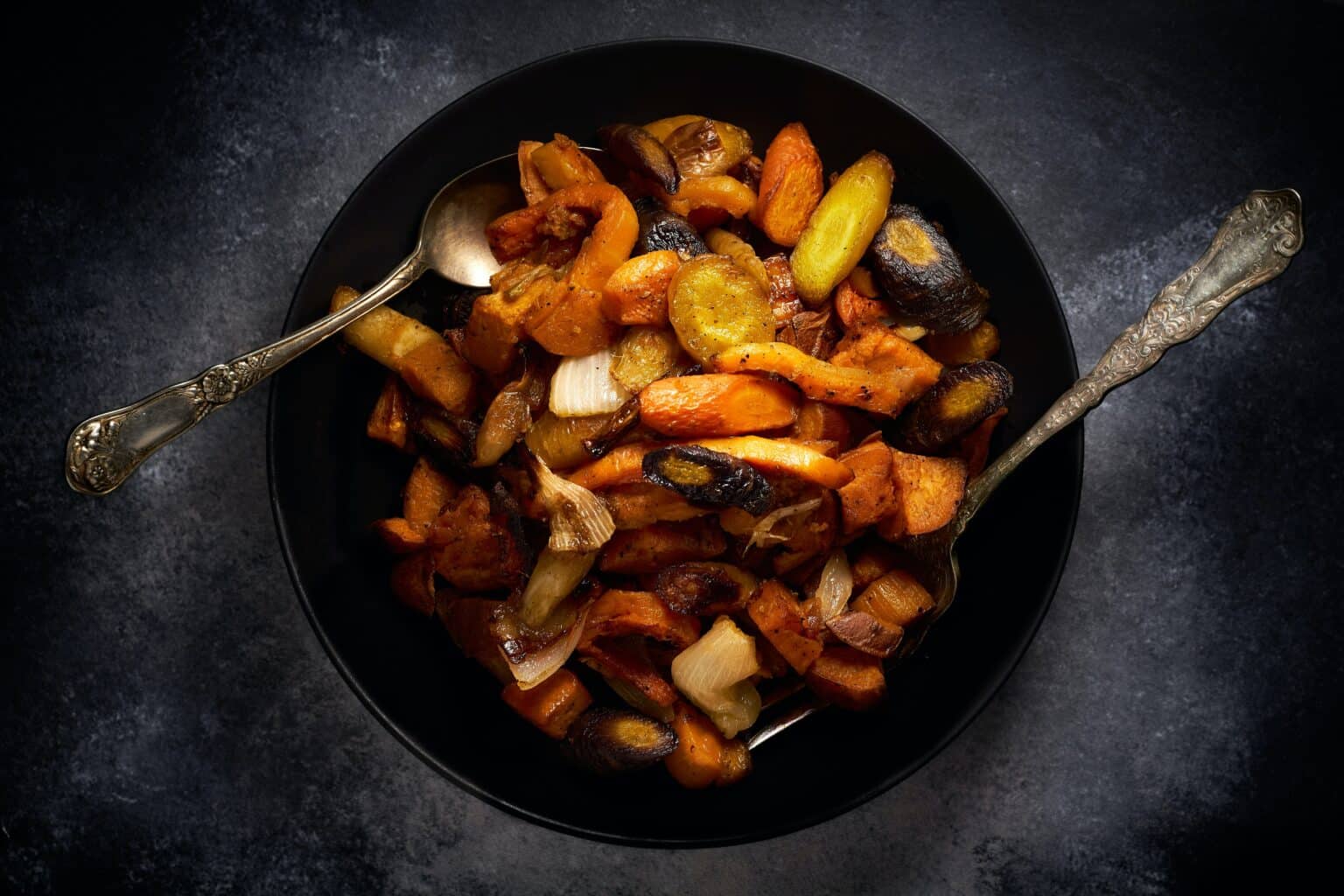Vegetables form an important part of our diet, as they contain essential vitamins and minerals our body cannot produce on its own. For example, water-soluble vitamins have antioxidant properties that aid tissue repair and digestive processes and further reduce the risk of cardiovascular diseases. Fat-soluble vitamins are very important for eye, liver, and immune system health.
Vegetables also contain many minerals that take part in important processes in the body, such as magnesium, which is required for the muscles, nervous system, and bones, and iron, which is included in the structure of the hemoglobin protein that carries oxygen to our tissues. However, the way we consume them can play a role in determining the level of contribution they will provide to our bodies.
How does cooking vegetables affect the nutrients?
While cooking vegetables, the heat energy we transfer to these plants breaks down their cell walls, releasing vitamins and minerals and laying the groundwork for their easy absorption in the body. On the other hand, when vegetables are cooked in water, their water-soluble fibers and some vitamins pass into the water. Therefore, cooking in water causes the vegetable to lose some nutritional value while providing nutritious cooking water.
One study shows that broccoli loses about 35% of vitamin C when boiled, about 20% when steamed, and 10% when microwaved or pressure-cooked. However, when we look at it holistically, we can get almost all of the nutritional values lost by cooking in water when we consume the vegetable together with the cooking water. However, the amount of nutritional components transferred to the water can be reduced by cutting vegetables into larger pieces to use less water in cooking and reduce the surface area that comes into contact with the water.
High temperatures and oils can also cause nutrient loss while cooking vegetables. While vitamins can break down at high temperatures and long cooking times, minerals are more durable in this regard. The frying method causes the vegetable to lose some of its fat-soluble vitamins.
In addition, the high temperature in the frying process may cause the structure of some food components to deteriorate. On the other hand, it is also possible to convert some nutritional components into molecular structures that the body can use more easily with the frying method.
To learn more, you can watch “What If You Never Ate Fruits And Vegetables?”














